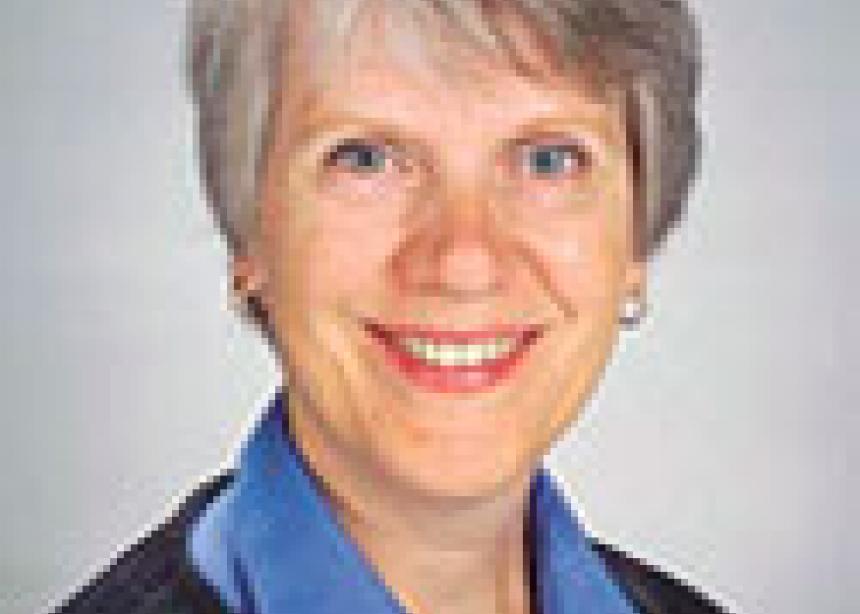“Mom, does my hair look okay at the back?” asked the pastor just before she exited the washroom to enter the hall where she would officiate at a wedding.
“Yes,” the gray-haired mother assured her. “You’re fine.”
As a bystander, I caught this bit of a familial relationship, marvelling at the long-term impact of parents. The pastor was well into her 40s; her mother, a couple decades older. Presumably the adult daughter knows many things about her hair(!), and appearance, and how to negotiate life’s tasks. She doesn’t need her mother’s care in the same way she did when she was a child.
And yet, just before stepping into a public leadership role, possibly feeling self-conscious, she turned to her mother with a simple question, seeking reassurance and connection. Without missing a beat, the mother offered such reassurance and connection seamlessly. Would that we all could be so skilled in requesting what we need, and in responding with such gracious nuance.
I don’t imagine that this mother-daughter pair always functions with such ease and equilibrium. Parent-child relationships are tricky, requiring negotiations in the balance between closeness and distance, between helpfulness and getting in the way. When my son was about nine years old, his need for independence was irritated by my very involved parenting. He seemed to be acting like a teenager. I eased off and gave him more space, and he expanded into his identity and subsequently expressed less frustration. “Reading” the child, at whatever age, and making adjustments over time, are challenges and are delightful when all goes well.
More than one parent has stumbled along the road, and erred either by pulling away when closeness was needed, or by inserting themselves into their child’s life at a point when separation was more helpful. Counsellors speak of parents as a nest holding their children. With cupped hands, we can imagine these children in the nest provided by their parents’ care. The challenge is to know when to hold the nest firmly and securely around the young life, and when to relax its sides or even to nudge the fledglings out of the nest, to try their wings and find their own way.
Elders in a family must exercise all the wisdom and care they can. By elders, I mean parents and grandparents certainly, but also anyone who has life experience to pass on to someone who is younger. Whether we are in our 70s or 80s, or much younger, someone is looking to us to guide them, counsel them, show them the way.
Even teenagers and middle-aged children are guiding those younger than themselves. We are all elders, or “spiritual grandparents,” to use Elsie Rempel’s term from her book Please Pass the Faith: The Art of Spiritual Grandparenting. The definition of family is expansive also, including relationships that stretch beyond biological lines. In our neighbourhoods, communities and churches, we are all in the position of transmitting insights and Christian values, and nurturing the bonds of connection.
In II Timothy 1:6, the elder Paul urges his spiritual son to “fan into flames the gift of God that is within you.” In doing so, Paul exercised his role as spiritual forebear. He understood that he had something of value to share and he didn’t hesitate in doing so. Likely Timothy benefited from his words of counsel and encouragement, and we do as well. We have many ways and many opportunities to tend the flames of those who are younger than us. Let us be attentive and mindful of how we do so.
Melissa Miller (familyties@mts.net) lives in Winnipeg. She is wrapped in the family ties of daughter, sister, wife, mother, friend and pastor.



Add new comment
Canadian Mennonite invites comments and encourages constructive discussion about our content. Actual full names (first and last) are required. Comments are moderated and may be edited. They will not appear online until approved and will be posted during business hours. Some comments may be reproduced in print.